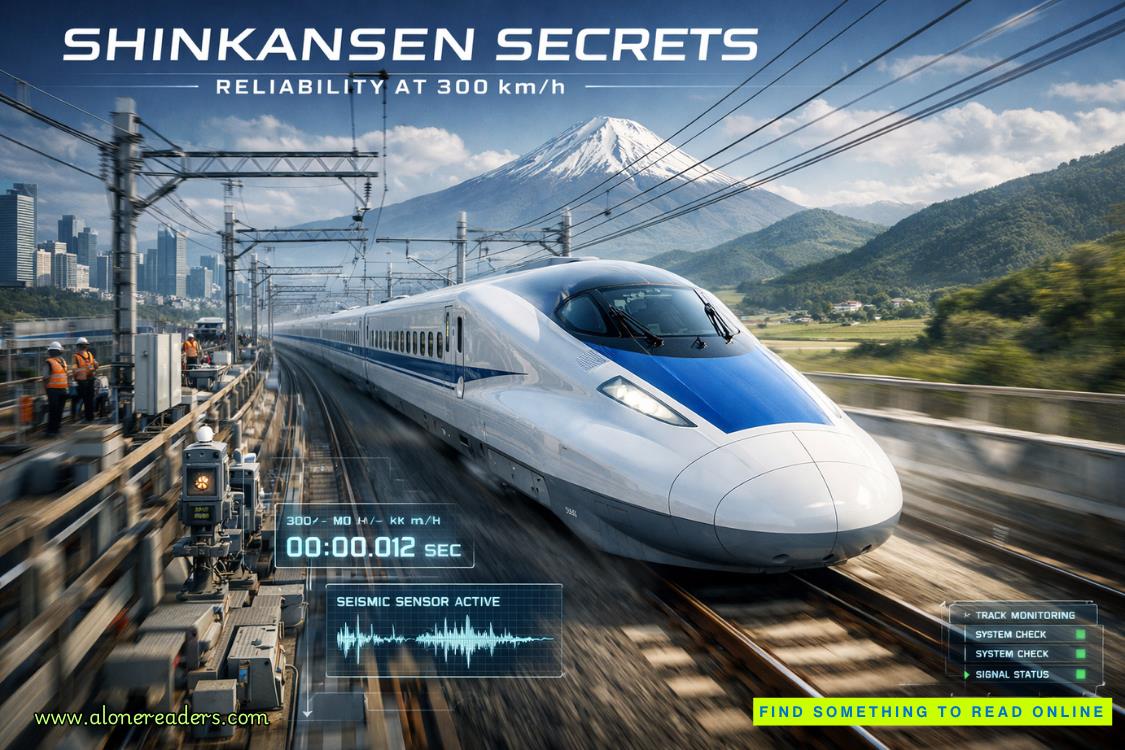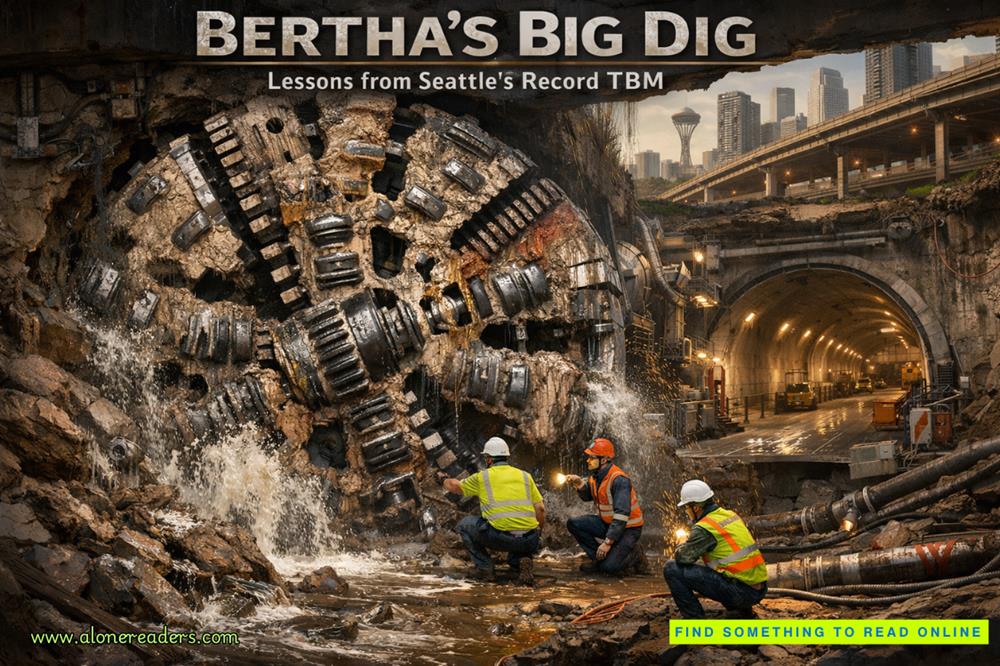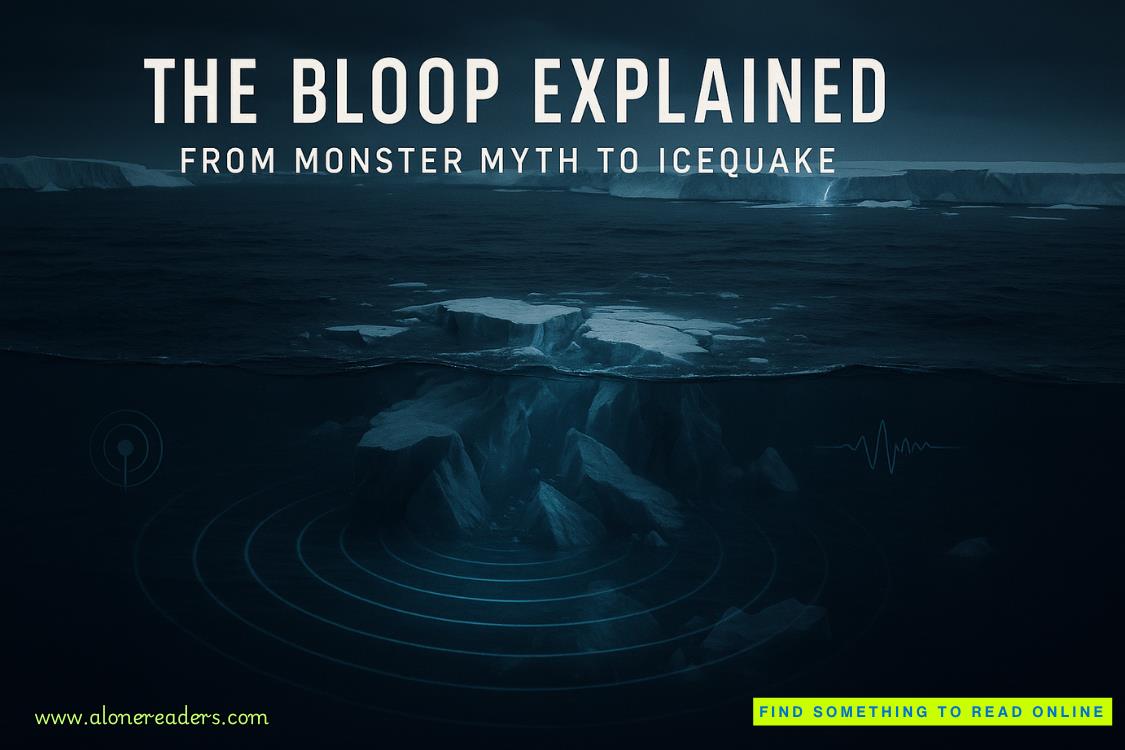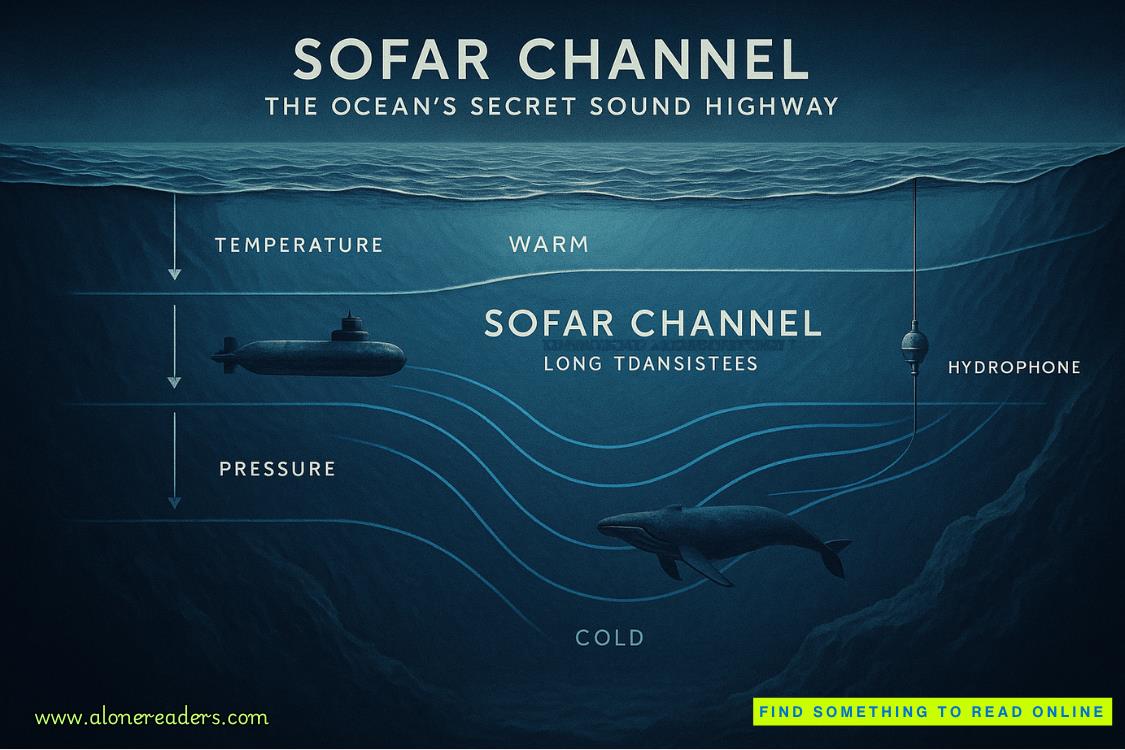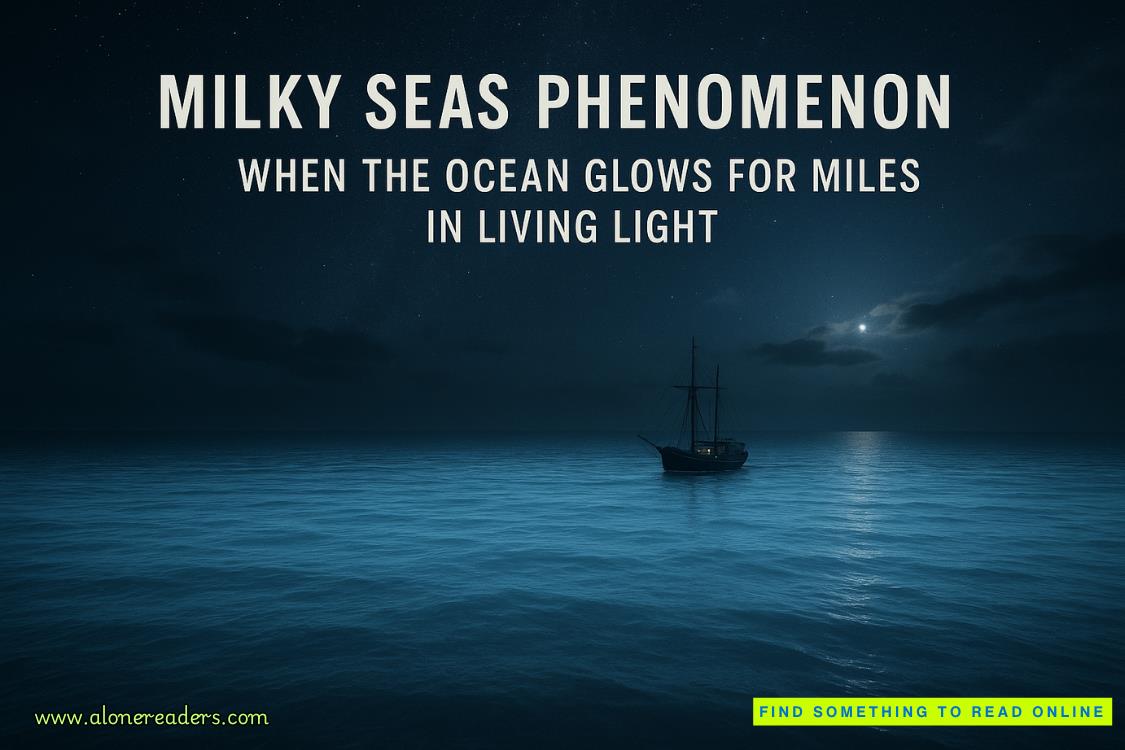"Because I can't separate the investigator from—" I gestured helplessly between us. "From this. From how much I—" The words stuck.
"From how much you what?" His hands gripped my face, thumbs brushing my cheekbones.
"From how much I need you safe. And I can't—won't—watch you become his masterpiece because I let myself get distracted by wanting—"
"By wanting what?" He exhaled into my mouth.
"Everything." The admission was like leaping off a cliff. "You. This. A future where we both survive what's coming."
Something fierce and protective flashed in his eyes. Then his mouth was on mine again and thought became impossible.
Papers crackled beneath us as he pressed me back against the table. Raines's case files scattered while psychological evaluations and crime scene photos drifted to the floor like autumn leaves.
For once, I didn't try to collect them. Didn't try to maintain order.
I let myself fall.
Chapter eleven
Marcus
Upon entering the firehouse, my hands shook slightly as I gripped the incident report, my exhaustion turning the words into meaningless patterns. The bruises along my knuckles had darkened to purple, a testament to how tightly I'd clung to tools, control, and any sense of normalcy I could find.
Three fires in two weeks. Each one more precise than the last. Each one cutting closer to home.
Rivera's chili simmered on the stove, thick and fragrant, filling the kitchen with a scent that should have been comforting. Instead, my stomach rebelled at the idea of food. I hadn't managed solid food since finding the training log in my truck—since discovering my regulator had been tampered with, the sabotage clean and precise.
Surgical strokes.
I reached for my coffee. Cold. When had I even poured it? Had it been an hour? More? The protein shake Matthew left sat untouched beside it, the condensation pooling into a ring on the stainless steel table.
Barrett's voice drifted from the apparatus bay, discussing equipment checks with Peterson. Normal sounds. Routine sounds. But they felt wrong as if someone had shifted all the furniture two inches to the left. Even the kitchen's industrial coffee maker mocked me, its familiar sputter taking on a sinister rhythm.
I pressed my palm flat against the report, forcing my fingers to stop shaking. The motion pulled at my ribs—another injury, another mark left from training too hard and pushing too far.
Dad's voice echoed in my head: "Exhaustion makes you sloppy, son.Sloppy gets people killed."
But I couldn't rest. I couldn't afford to let my guard down when every shadow might hold a watcher and when my own station had become a hunting ground.
A newspaper slammed onto the table, shattering the illusion of solitude. "Jesus Christ, Marcus."
Michael's voice was sharp, cutting through my exhaustion like a blade. His SWAT-issue boots planted firm against the floor, arms crossed over his chest. His expression was unreadable, but the tension rolled off him in waves.
Matthew followed, his approach quieter, more measured—his paramedic instincts kicking in as he scanned my face. He didn't speak right away, but he was taking note of my condition. His gaze lingered on my bruised knuckles, slouched shoulders, and my too-tight grip on my pen.
I didn't look up.
I didn't need to.
I already knew what was coming.
Michael jabbed a finger at the newspaper, his voice edged with something close to fury."You made the news, dumbass."
I forced myself to glance down at the headline, though I already knew what it would say:FIREFIGHTER TARGETED IN FIREHOUSE SABOTAGE.
The letters screamed up at me, stark against the page, the ink slightly smudged where Michael's grip had crushed it. I swallowed against the tightness in my throat and reached for my coffee again as if pretending this conversation wasn't happening, and more coffee could somehow make it go away.
Michael scoffed."That's it? That's your reaction?"





